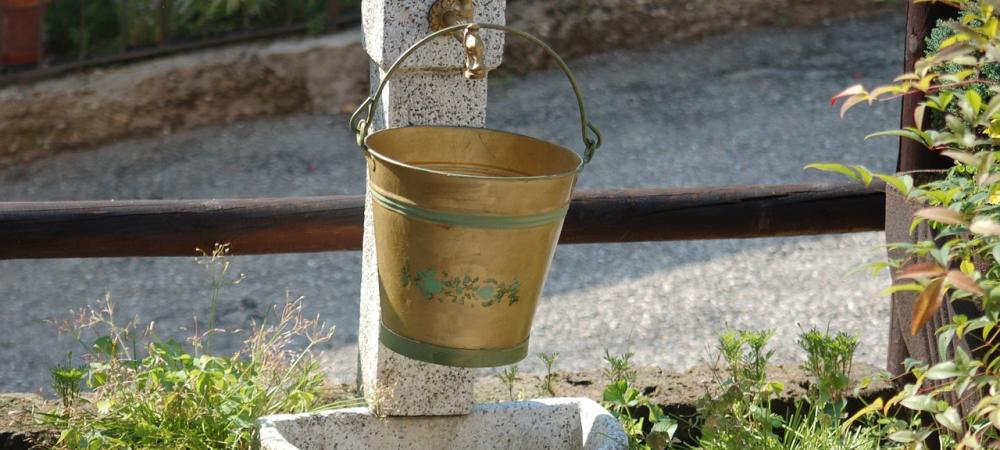What Attracts Mosquitoes in Greensboro, NC

If you’ve ever spent time outdoors in Greensboro, North Carolina, you’re likely familiar with the buzzing sound of mosquitoes and the itchy bites that follow. While these pesky insects are an unfortunate part of our warm, humid climate, understanding what attracts them can help you be more aware and take preventative measures against mosquitoes. In this blog, we’ll dive into the key factors that attract mosquitoes to your yard and home in Greensboro, giving you the knowledge to help get rid of mosquitoes for good.
1. Standing Water: A Mosquito's Breeding Ground
One of the primary reasons mosquitoes thrive in Greensboro is the abundance of standing water. As part of the mosquito lifecycle, adult mosquitoes need stagnant water to lay their eggs, and even small amounts of water can serve as breeding grounds. Common sources of standing water around homes in Greensboro include:
- Birdbaths
- Flower pots and trays
- Gutters clogged
- Pet water dishes
- Buckets, tarps, and unused outdoor items
- Pools or hot tubs that aren’t properly maintained
- Even small puddles that linger after a rainstorm can quickly become mosquito breeding zones.
In Greensboro’s humid environment, after a heavy rain, these stagnant areas can become prime mosquito breeding grounds, increasing their population significantly.
2. Dark Clothing and Bright Lights
Mosquitoes are not just drawn to the scent of humans—they’re also attracted to visual cues. Dark-colored clothing, in particular, can make you more noticeable to mosquitoes. These insects are naturally drawn to darker shades, which help them locate potential hosts. So, if you’re wearing dark clothing while spending time outdoors in your Greensboro backyard, you may attract more mosquitoes.
In addition to dark clothing, mosquitoes are attracted to light. During evening hours, porch lights or outdoor lamps can act as beacons, drawing mosquitoes to your home. While mosquitoes are more active at night, they will be lured by any light source, especially in areas where they can find a resting spot.
3. Carbon Dioxide
Carbon dioxide (CO2) is one of the most significant attractants for mosquitoes. Every time we exhale, we release CO2 into the air, signaling to mosquitoes that a potential host is nearby. Mosquitoes have highly sensitive antennae that can detect CO2 from a distance, which helps them locate us. This means that the more you breathe out — for instance, during physical activity — the more likely you are to attract mosquitoes.
This is why mosquitoes seem especially active around people who are moving around, working in the yard, or playing sports. It’s not just the smell of your body that attracts them—it’s the CO2 you're releasing as you breathe and sweat.

4. Body Heat and Sweat
Another significant factor that attracts mosquitoes is body heat. These insects are highly sensitive to temperature changes and are naturally drawn to warmer bodies. That’s why mosquitoes are often more prevalent in the summer months, when temperatures soar and people spend more time outdoors.
Sweat is another big attractant. Mosquitoes are attracted to the lactic acid, uric acid, and ammonia present in human sweat. These compounds signal to mosquitoes that a potential host is nearby. This is one of the reasons why mosquitoes seem to swarm around people after they’ve been exercising or working outside, as sweat and body heat both increase their attraction.
5. Scented Lotions and Perfumes
While mosquitoes primarily target body heat and sweat, they also have a keen sense of smell and are drawn to certain scents. Fragrances in lotions, shampoos, soaps, and perfumes — especially floral, fruity, or sweet scents — can attract mosquitoes. This is because mosquitoes are often drawn to the floral and sugary notes in many personal care products, mistaking them for the smell of flowers or fruit that they feed on.
If you’ve noticed that mosquitoes seem more attracted to you when wearing a specific lotion or fragrance, it’s likely because of the floral or sugary scent that they are drawn to. Alternatively, you can opt for natural mosquito repellents made from ingredients like citronella, eucalyptus, or peppermint.
6. Vegetation and Landscaping
Greensboro’s abundant greenery and landscapes, while beautiful, can also provide a haven for mosquitoes. Tall grasses, dense shrubs, and overgrown areas create shaded and humid environments where mosquitoes can rest during the day, especially during the heat of summer. These areas provide cover from the sun and protection from predators, making them an ideal habitat for mosquitoes to hide in before becoming active at dusk.
Mosquitoes are more likely to be found in areas with dense foliage, so overgrown yards or gardens that aren’t well-maintained can make your property an inviting space for them to settle.
To reduce mosquito activity:
- Trim Back Tall Grass, Bushes, and Shrubs: Keeping your landscaping well-maintained reduces the sheltered spots mosquitoes love.
- Plant Mosquito-Repellent Plants: Consider adding citronella, marigolds, and lavender around your property to naturally deter mosquitoes from settling in your yard. Find out which plants are safe for dogs.
Final Thoughts
While mosquitoes are a part of life in Greensboro, knowing what attracts mosquitoes to certain people can help you take steps to limit their presence and protect yourself and your family from uncomfortable bites. By eliminating standing water, using repellents, and making simple changes to your landscaping, you can keep mosquitoes at bay and enjoy your outdoor living spaces without the nuisance.
For more help with professional mosquito control services in Greensboro, don’t hesitate to reach out to local mosquito control experts who can provide tailored solutions to keep your home mosquito-free!
